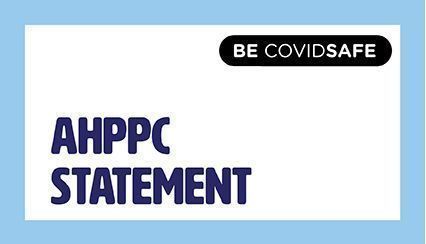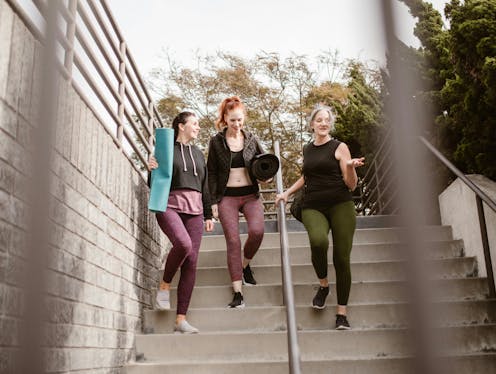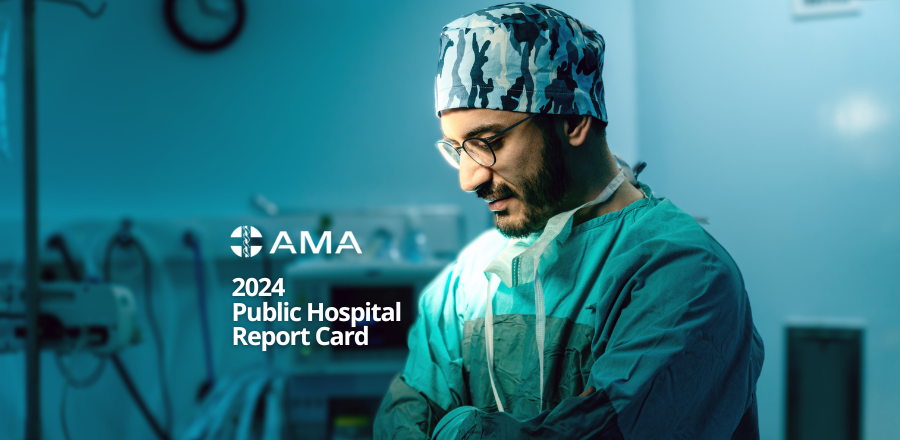
The Australian Health Protection Principal Committee (AHPPC) acknowledges that as we move through the National Plan to transition Australia’s National COVID-19 Response, case numbers will rise. Community transmission will also increase.
Vaccination against COVID-19 is an important measure to prevent infection. Global evidence indicates a ‘breakthrough infection’ of COVID-19 may occur in vaccinated individuals, although at a lower frequency than in unvaccinated individuals. Vaccinated people are less likely to become severely unwell, or need hospitalisation. However, vaccinated individuals with breakthrough infections can still transmit COVID-19 to others.
The Australian Health Protection Principal Committee (AHPPC) recognises the role of face masks, along with other public health measures, in suppressing the spread of COVID-19. Substantial international evidence indicates high community use of face masks reduces COVID-19 cases, and a reduction in COVID-19 cases can subsequently reduce hospitalisations and deaths [1 – 5]. Many countries recommend the use of face masks in the community to help suppress COVID-19 [2, 3]. In Australia, face masks have played an important role in responding to outbreaks and have helped control transmission [6 – 8].
Wearing face masks in the community helps protect ourselves and others. This is most effective when the community works together, and everyone wears masks when required [4, 5]. State and territory governments will often mandate wearing face masks in these situations. However, voluntary wearing of face masks offers protection to individuals against transmission even when not mandated.
Many individuals with COVID-19 experience mild or no symptoms and may be infectious before becoming aware they are ill. Face masks worn by the infected person significantly reduces the risk of transmission to others in these circumstances [4]. Face masks also reduce your risk of contracting COVID-19 when encountering or being in contact with an infected person in a community setting.
The AHPPC expects community transmission infection numbers to rise as restrictions ease. It is important people continue practising the broad range of public health and social measures. COVID-19 safe behaviours that suppress the spread of COVID-19 include:
- good hand and cough hygiene
- staying home when unwell
- keeping a safe distance from others when possible
- wearing masks where appropriate, and
- avoiding poorly ventilated indoor settings where possible.
The AHPPC recommends that when there is community transmission, individuals may choose to further protect themselves and others by wearing well-fitted face masks in certain circumstances in community settings. Wearing a mask is not dependent on whether an individual is vaccinated or mandated by public health orders. Face masks protect you and the broader community, including those who are unable to get vaccinated, such as young children.
These circumstances include but are not limited to:
- anytime you have relevant symptoms
- while in airport environments and on planes
- indoor settings and/or areas where you cannot safely physically distance from others (for example customers in retail, business, hospitality and education settings)
- visiting hospitals and healthcare settings
- visiting vulnerable settings such as aged care facilities
- public indoor gatherings (for example places of worship, weddings and funerals)
- indoor places for personal services (for example hairdressers and nail salons), and
- travelling on public transport.








